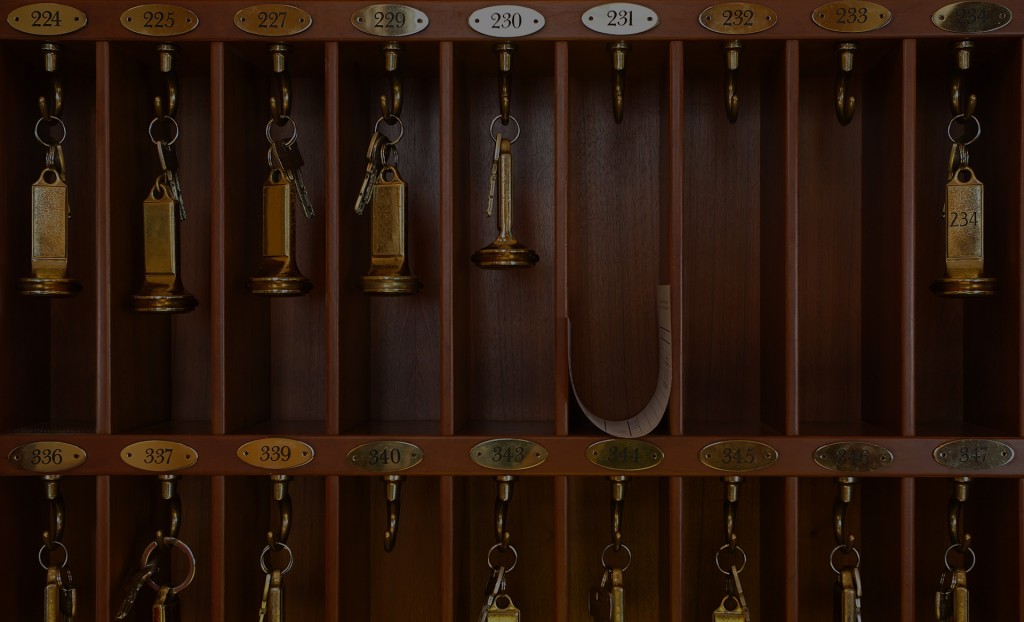I meet with and interview a lot of people for my work. It’s a side of my work that I really love (It’s not really work actually). I’m fascinated by everyone’s journey. They are all so different proving that there’s no right way or wrong way to reach your goals.
The way people and companies conduct interviews is changing and I’m 100% on board with that. However, I do think that what we’re trying to gain from the people we meet has not really changed at all. We’re still trying to understand behaviours, skills and achievements. For me, I usually find out a lot more about people just by having a relaxing chat over a coffee than I do when I’m reeling off a list of the same questions I asked the previous 10 people. Everyone is different, so why should the interview questions and the direction of conversation be the same?
But that’s a topic for another time.
One question that I find has really stood the test of time (in one form or another) is “where do you see yourself in 5 years time?” or “what do you ultimately want to achieve in your career?” and any number of variations of it. If you can figure out a more modern and trendy way to ask it, then go right ahead. The goal? Well, there’s a few.
The reason I hold this question in such high esteem is that it gives me an insight into how you are thinking at that particular moment in time. If our paths cross again in 2 years’ time, I’ll ask again. Things change, ideas change, motivations change, everything changes. It’s the only constant I know.
Some people answer the question honestly, some people answer it in the form of thinking I want to hear something specific that will help them get the job. The truth is, all I want to hear is have you thought about your career future……. Or not? It’s not a trick question, I’m genuinely keen to know.
If you have answered with a 5-year plan, detailed to the Nth degree then bravo, I salute you. You’ve got a plan. Now shoot for it.
If you answered that “I really don’t have a clue” then do you know what? That’s also OK, it’s allowed. But do go and think about it. It’s pretty important, not just for the people you are interviewing with but also in terms of giving yourself a goal, a destination (It will change, I guarantee it, but you need a starting point). It will allow you to start building a clear path on how you are going to get there. Along that path you’ll be presented with opportunity which may take you down a different path.
But the key point is, you must at least start walking the path in order to reach your destination. There’s a 100% chance that you don’t have all the learning you need to wwf rolex gmt master ii rolex calibre 2836 2813 mens m126719blro 0002 silver tone reach that five year goal right now, but that’s kind of the point. Learn as you go, pick up things along the way and then look back on yourself 5 years ago and see how far you’ve come.
So, the next time someone asks you this question in an interview, don’t palm it off as unimportant, make sure you’ve given it some real thought (preferably having thought about it before the event). You might surprise yourself with your answer.
I have some proven questions that can help coax this out of you if you have trouble doing so. Feel free to reach out to chat about it confidentially.
Thank you for reading.



